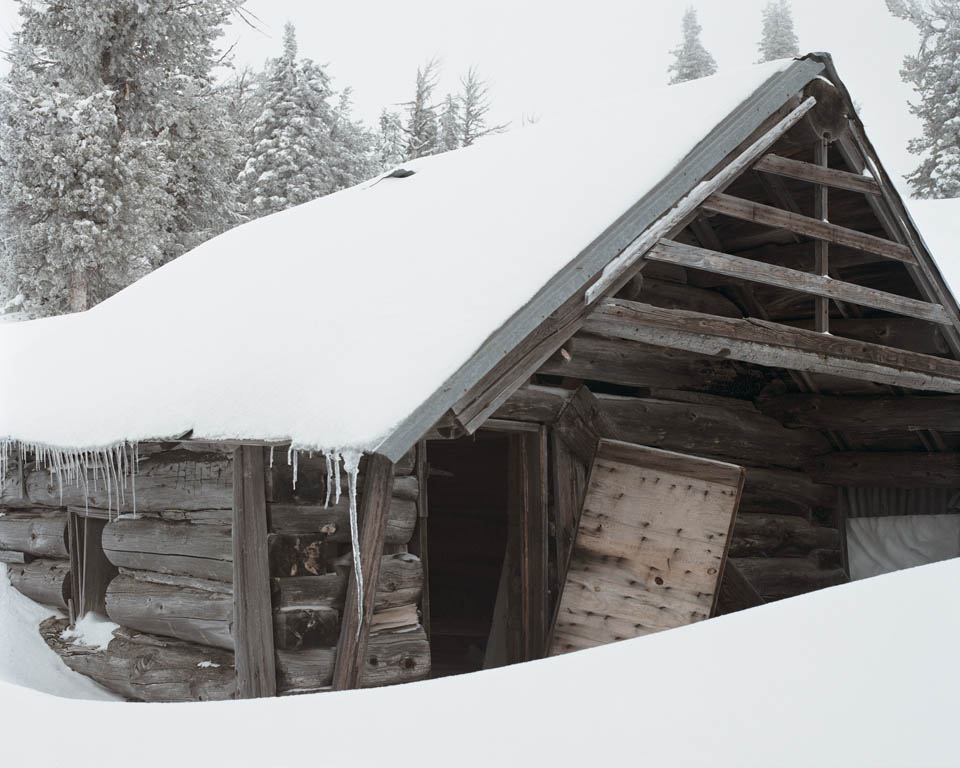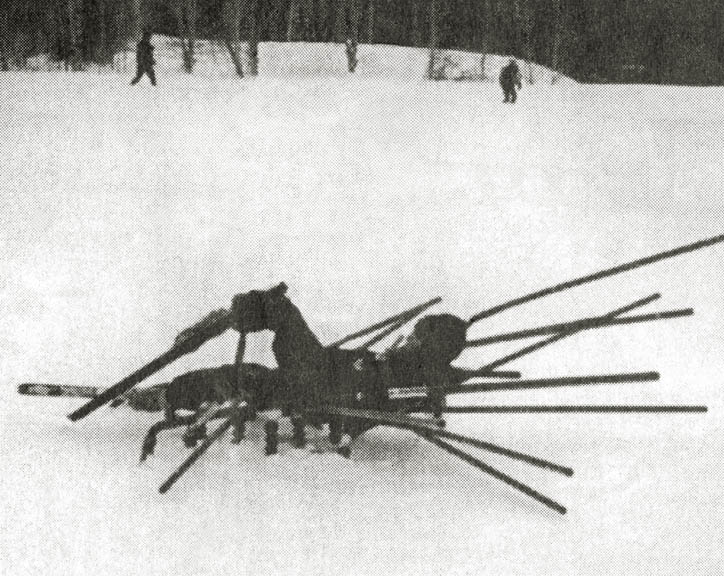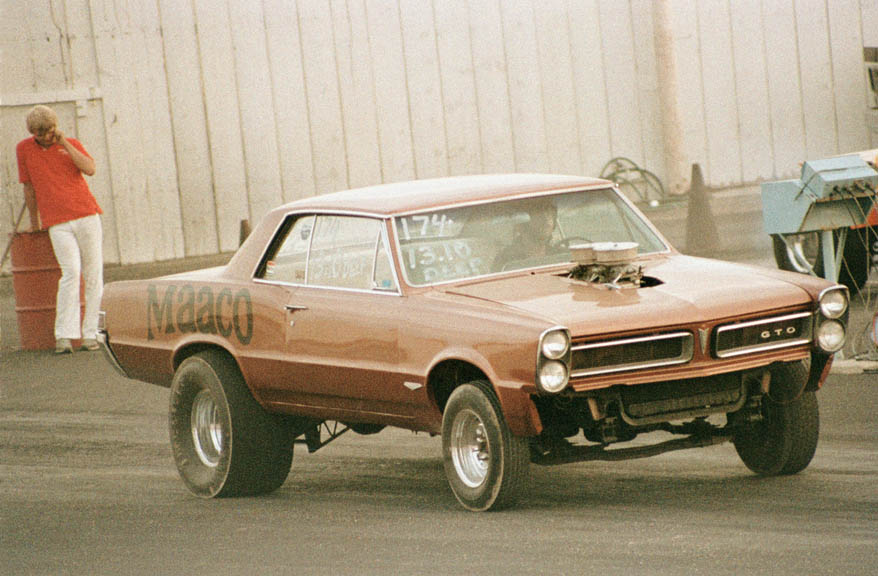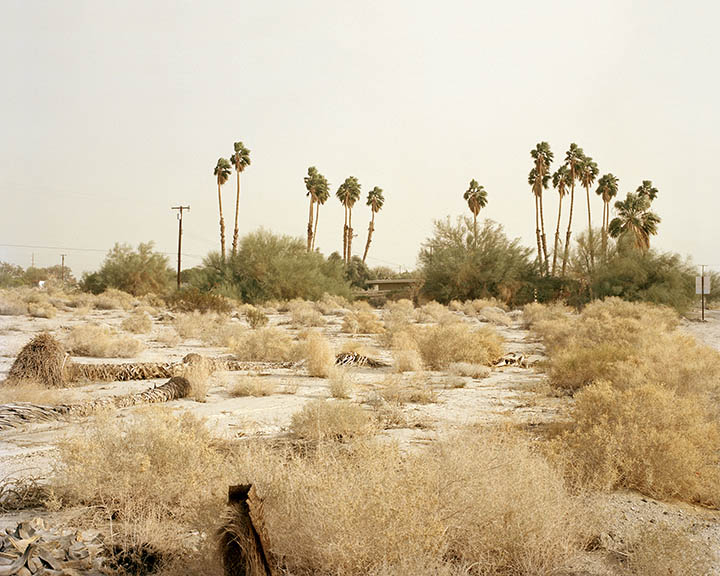Stefan Vanthuyne

Lick Creek Line / © Ron Jude
As American photographer Ron Jude takes us trough a selection of his books, we get to understand his practice as an understated, elegant and intelligent exercise in “learning how to tell a story wrong.”
“While the painterly landscapes and lustrous dream images of deserts, mountains, lakes, and a golden, wind-swept field underline the beauty and wonder of the natural world outside his cellar, the limits imposed by language and the absurd urge to codify all experience become a “hard fall” to earth for the instinctually insightful and inadvertently threatening Kaspar.”
Lucia Bozzola writes it in her allmovie.com-review of The Enigma of Kaspar Hauser (1975), Werner Herzog’s film about a young man who lived the first seventeen years of his life chained in a tiny cellar, devoid of normal human contact and communication. But leave out the direct references to the film, and it comes close to a summary of sorts of the work of Ron Jude.
Between Paris Photo and the opening of his exhibition Infinite Loop at the Robert Morat Galerie in Berlin, Jude was invited to Antwerp by the Photography department of the Royal Academy of Fine Arts. During the day he spoke and worked with the students and in the evening he gave an artist talk at the FOMU, who were so kind to provide us with a sound recording of the talk.
That November evening Jude presented four of his books – Alpine Star, emmett, Lick Creek Line and Lago – as a thread to guide us through his adventures in “wrestling with the narrative impulse”, caused by our inherent desire to see stories in photographs. He spoke of the alchemy that happens when you bring two different, benign photographs together, and about how they start a conversation. He explained how in Lick Creek Line he reverted to the classic photo-essay, only to undermine the expectations of the genre.
“(…) logic is deduction, not description,” Kaspar says at some point in Herzog’s intriguing film. Photography in its very essence is description – but also suggestion. For Jude then, the making of a book becomes a process of understanding the work. Building the narrative is at the heart of this process, but it’s a delicate and difficult exercise. “As soon as you lock into the logic”, Jude says about the structure of a photobook, “it’s no longer fun to look at it.”
After taking us through Lago, Jude ended his inspiring talk with a fragment of The Enigma of Kaspar Hauser, where Kaspar is lying in bed surrounded by a group of curious men: “I know a story about the desert”, Kaspar fittingly starts. “But only the beginning.”
You can listen to Ron Jude’s talk, with an introduction by FOMU’s Joachim Naudts, here:
Content for this platform is written by non-native English speakers. If you find some flagrant mistakes, please don’t hesitate to let us know.

Alpine Star / © Ron Jude

emmett / © Ron Jude

Lago / © Ron Jude




